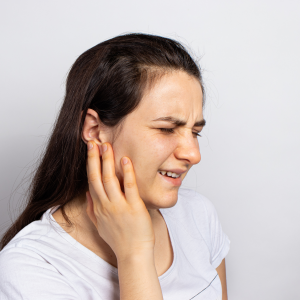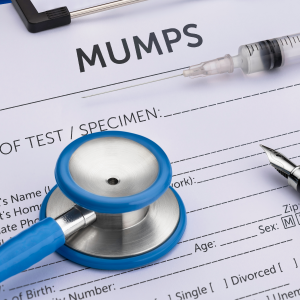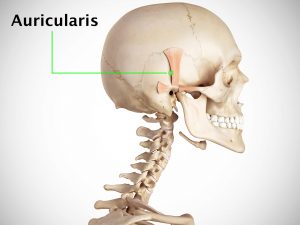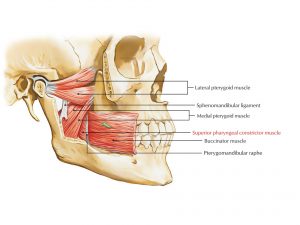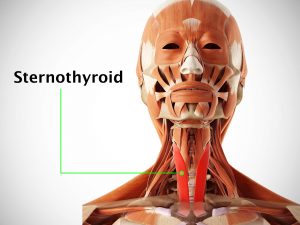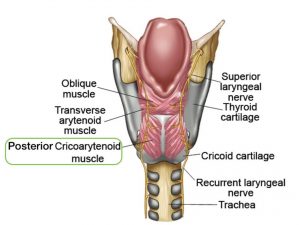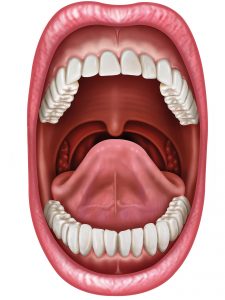Causes and risk factors
Causes of labyrinthitis are viral infection, bacterial infection, post upper respiratory tract infection. Head or ear injury can lead to labyrinthitis. Allergy to medications can also cause labyrinthitis.
Clinical presentation
Patient with labyrinthitis presents with dizziness, loss of balance, vertigo. Tinnitus [ringing in ears], loss of hearing can occur. There can be nausea and vomiting.
Investigations
Medical history by the patient and clinical examination by the doctor helps in diagnosis. Investigation includes audiometry or hearing test, electronystagmography test. EEG test for brain function is recommended. Imaging studies such as CT scan, MRI scan may be useful for further evaluation.
Treatment
Treatment involves medicines such as antibiotics for active infection, corticosteroids to reduce inflammation. Antiemetics, antihistamines, and sedatives to control vomiting and dizziness may be required. Complete rest, avoiding vigorous activities, avoiding watching TV, exposure to loud noise, certain activities such as sports, driving, climbing for a period of one week will contribute to its treatment.
Complications
Complications such as permanent hearing loss rarely may occur. Vestibular neuronitis can occur.
When to Contact a Doctor
One must consult a doctor if there is ear pain, loss of hearing with frequent dizziness, vertigo.
Prevention
There is no specific way to prevent the disease.
Systems involved
Nervous system
Organs involved
Ear, brain


